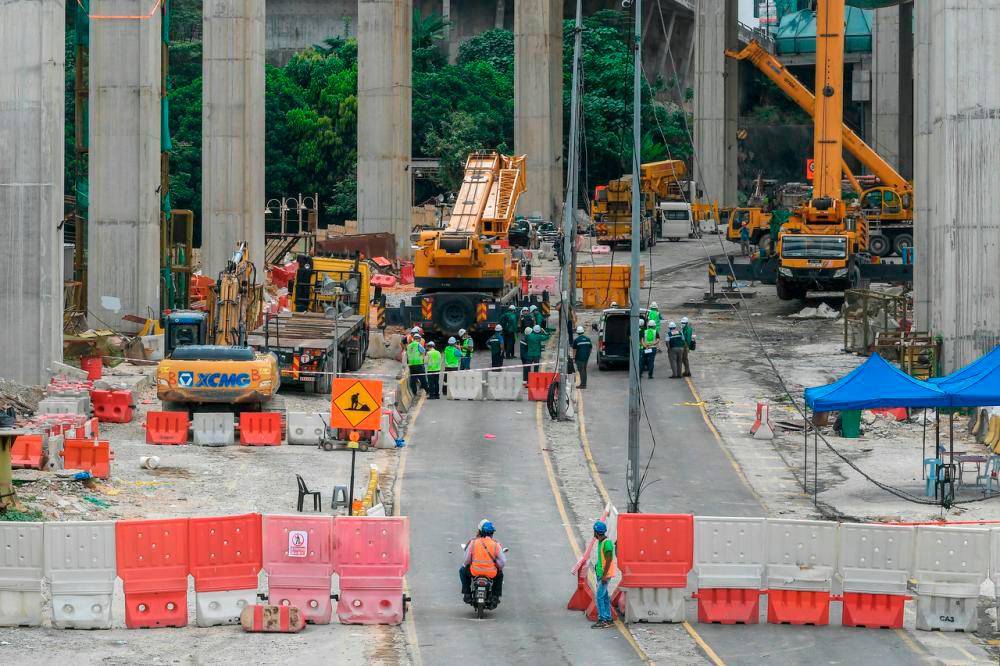Social stigma fuels reliance on foreign workers in 3D jobs - Analyst

SHAH ALAM - The social stigma attached to 3D jobs (dangerous, dirty, and difficult) among Malaysians has led to a reliance on foreign workers, often from Bangladesh, to fill these roles.
According to political sociologist Professor Datuk Dr P Sivamurugan, these foreign workers are willing to work for lower wages, creating a cultural norm of employing them over locals.
"There is a need for a firm policy akin to Singapore’s, which restricts foreign business ownership, ensuring that they work under local employers.
"There is also a reluctance of these foreign workers to leave Malaysia, as they seek assimilation into Malaysian culture and language," Sivamurugan said in the Sana Sini podcast aired recently.
Sivamurugan said this in response to co-host former MIC Youth chief Senator Datuk C Sivarraajh, who brought to light the local perceptions of foreigners owning businesses, such as shops and textile outlets, which fuels the notion that locals are being sidelined.
Sivarraajh referenced his observations in Cameron Highlands, where he saw the entire process of plantation work being handled by foreigners.
Citing the International Labour Organisation, Sivarajh mentioned that 29 per cent of forced labour in Malaysia involves these workers.
A notable observation made by Sivarajh highlighted the comparison drawn by a foreign worker in a TikTok video.
In the video, the worker likened the historical contribution of Indians in building train tracks to that of the foreigners who built the airports and skyscrapers.
"At one point, I used to watch TikTok videos where these foreign workers likened the historical contribution of Indians in building train tracks to that of the foreigners who built the airport and Suria KLCC."
Expressing his concern, he shared an anecdote from a recent visit to a hawker shop.
"What scares me most is that when I was in a hawker shop recently, I was amused with this particular foreign cook with his adaptability of being fluent in Mandarin, a skill many Malaysians lack," added Sivarraajh.
He also highlighted a statement from scholar Jomo Kwame Sundaram, revealing that there are approximately 3.8 million foreign workers in Malaysia, a number surpassing the total Indian community in the country.
This, according to Sivarajh, warrants serious consideration, especially regarding the treatment and management of undocumented workers.
To this, Sivamurugan acknowledged the contributions and hardships of foreign workers; however, he urged the government to prioritise local employment, especially in traditional Indian businesses like eateries and barbershops.
"Maybe we need to reevaluate Malaysia's foreign worker policies. There is a need for more sustainable and equitable solutions that benefit both the local and foreign workforce," he said.
Download Sinar Daily application.Click Here!















